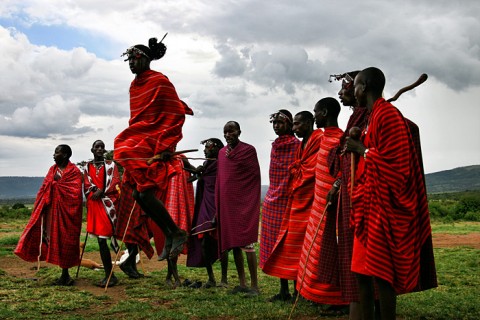Power and Privilege: How do we Define?
August 1, 2011 Leave a commentPicture was taken by Dmitri Markine. Check out this amazing portfolio!
In case you missed my earlier posts in this series, I am raising a series of questions about power and privilege in social change work at the invitation of the “Walk the Talk” zine/book project. Prior questions included:
- “How do I handle my privileges responsibly and avoid the “oppression Olympics?”
- How do I figure out which privileges to leverage, which to minimize and which to divest?
- When is it more responsible to “hold the bag” and when is it more important to “let the ball bounce?” and What has my contribution been and how do my colleagues of color see me?
- How do we “undo racism” without also “undoing race?” And, how do we “undo race” without leaving racism in place?
Today I also want to pose two related questions.
How do we define our humanity?
This is a big question, borrowed from Grace Lee Boggs, which follows from the previous question. Boggs says “The struggle we’re dealing with these days, which, I think, is part of what the 60s represented, is how do we define our humanity?” There’s a way in which continuing to define ourselves in terms that were created for the purpose of oppression does an injustice to our humanity. While there is much depth and beauty in the aspects of our identities that were forged in the fires of oppression, surely we are more than those categories. Boggs, Bill McKibben and many others are calling for a radical transformation in the way we think about who we are and how we live in relationship to one another and the planet. It seems to require a leap of faith into an unknown where we reorient our habits of mind, understanding of self, practices of consumption and relationship to the plant and one another.
Where’s my tribe?
As I think about the leap of faith that Boggs’ the last few questions invite, I’m reminded of a TED Talk by Seth Godin about networks and leadership for social change. He emphasizes the importance of finding our “tribe” – like minded folks who are passionate and committed to the same thing. He contends that you don’t need everybody to change the world, you just need to find (and lead) your tribe. As I wrestle with my big questions, it makes me wonder where, or more aptly, who is my tribe?!
Who is your tribe and how do you define yourself? How does the world in which you live and work understand and engage with that self-definition? How do power and privilege factor into that engagement?
